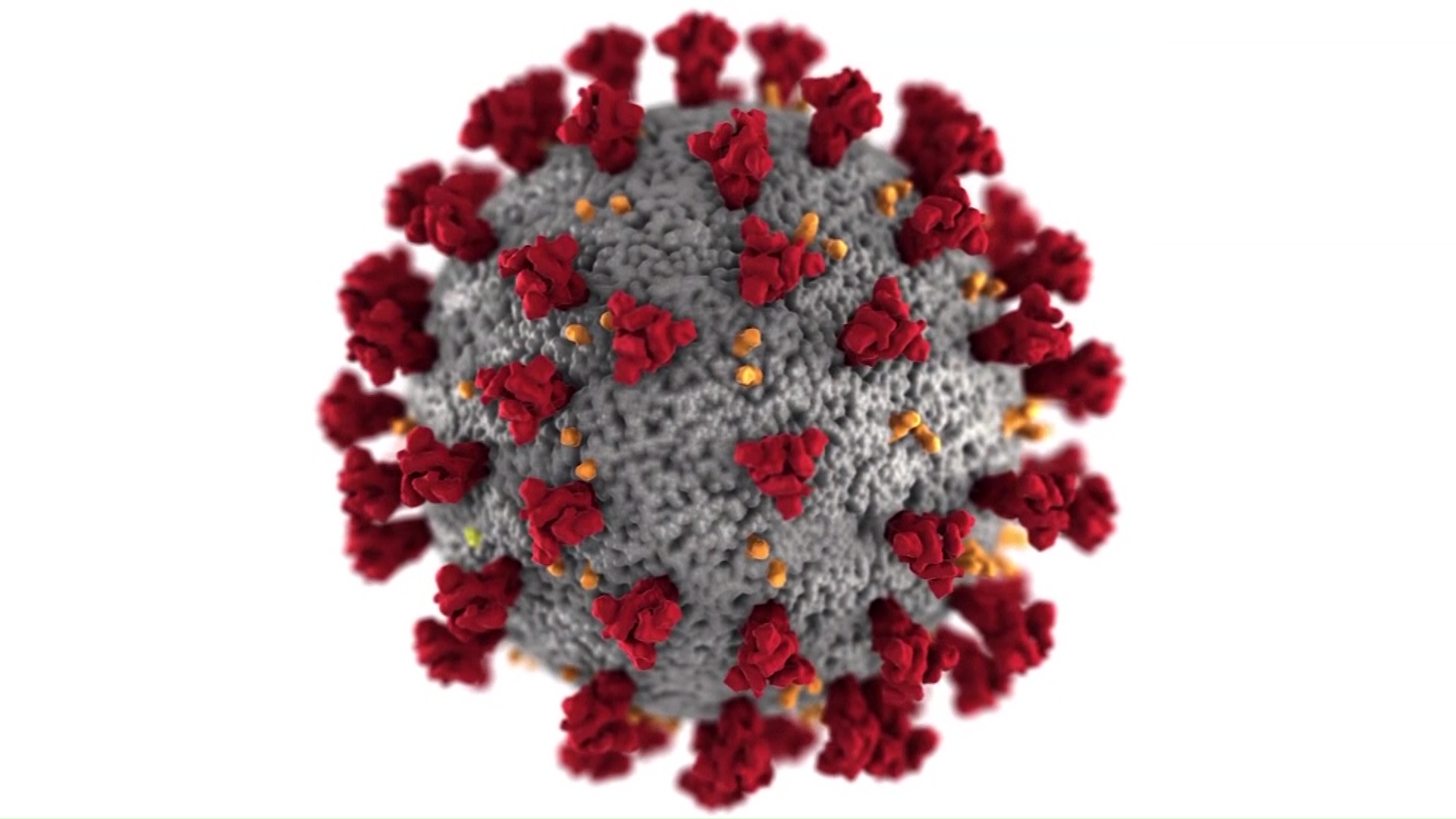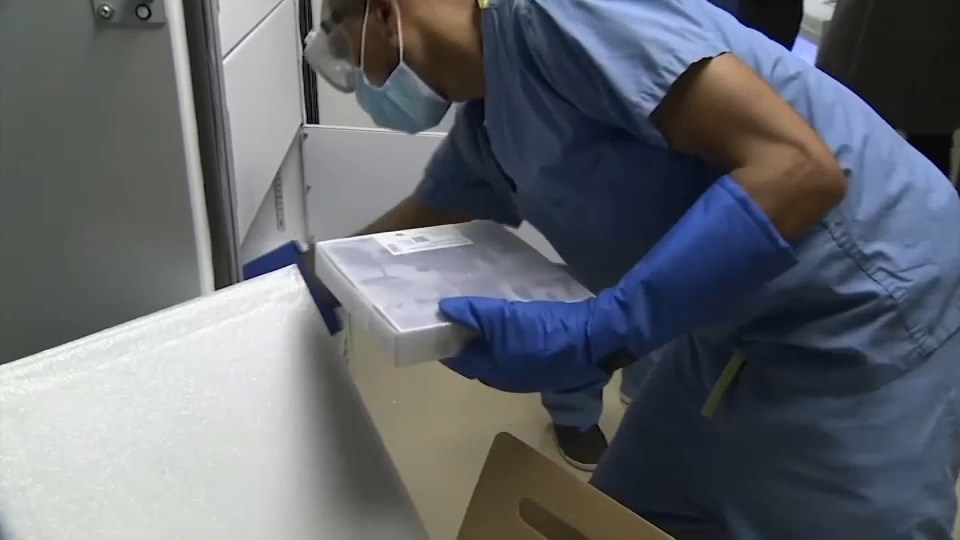Massachusetts health officials reported 1,822 new confirmed coronavirus cases and 53 more deaths on Saturday, one day after the number of COVID-19 hospitalizations fell under 1,000 for the first time since November.
There have now been totals of 538,328 confirmed cases and 15,462 deaths in the Bay State, according to the Massachusetts Department of Public Health. Another 317 deaths are considered probably linked to COVID-19.
Generally, Massachusetts' coronavirus metrics have been trending down in the past several weeks, according to the Department of Public Health's interactive coronavirus dashboard, with the average number of cases, hospitalizations and deaths peaking in the second week of January. The testing rate peaked Jan. 1. The figures reported daily are important for tracking trends with the virus' spread, though a single-day change may not reflect a larger trend, and may reflect incomplete data.
Get Boston local news, weather forecasts, lifestyle and entertainment stories to your inbox. Sign up for NBC Boston’s newsletters.
The percentage of coronavirus tests coming back positive, on average, ticked down to 2.02% Saturday, after being at 2.1% on Friday.
The number of patients hospitalized for COVID-19 fell to 970 from 990. Of that number, 246 were listed as being in intensive care units and 152 were intubated, according to health officials.
The number of estimated active cases declined to 36,316 from 37,210 on Friday.
In the last six weeks, daily COVID cases in the country have fallen by 78-percent, according to the U.S. Centers for Disease Control and Prevention. In Massachusetts, they're down 76-percent.
With the coronavirus pandemic more than a year old, could this drop have anything to do with herd immunity?
"That is the million dollar question," said Dr. Shira Doron, an epidemiologist at Tufts Medical Center. "And I think that it's not herd immunity."
More on COVID-19 in Massachusetts:
So, when can we expect herd immunity? According to Dr. Marty Makary, a surgeon and a professor at the Johns Hopkins School of Medicine and Bloomberg School of Public Health, he will tell you April.
But Doron isn't so sure.
"It's still really a big unknown exactly what the future of the pandemic looks like and part of that is because it's different than some of the infections that we have used herd immunity to control," Doron said.
Doron pointed out a few issues with the Wall Street Journal opinion piece that Makary wrote, including that it's impossible to know how many people have actually been infected with COVID-19.



